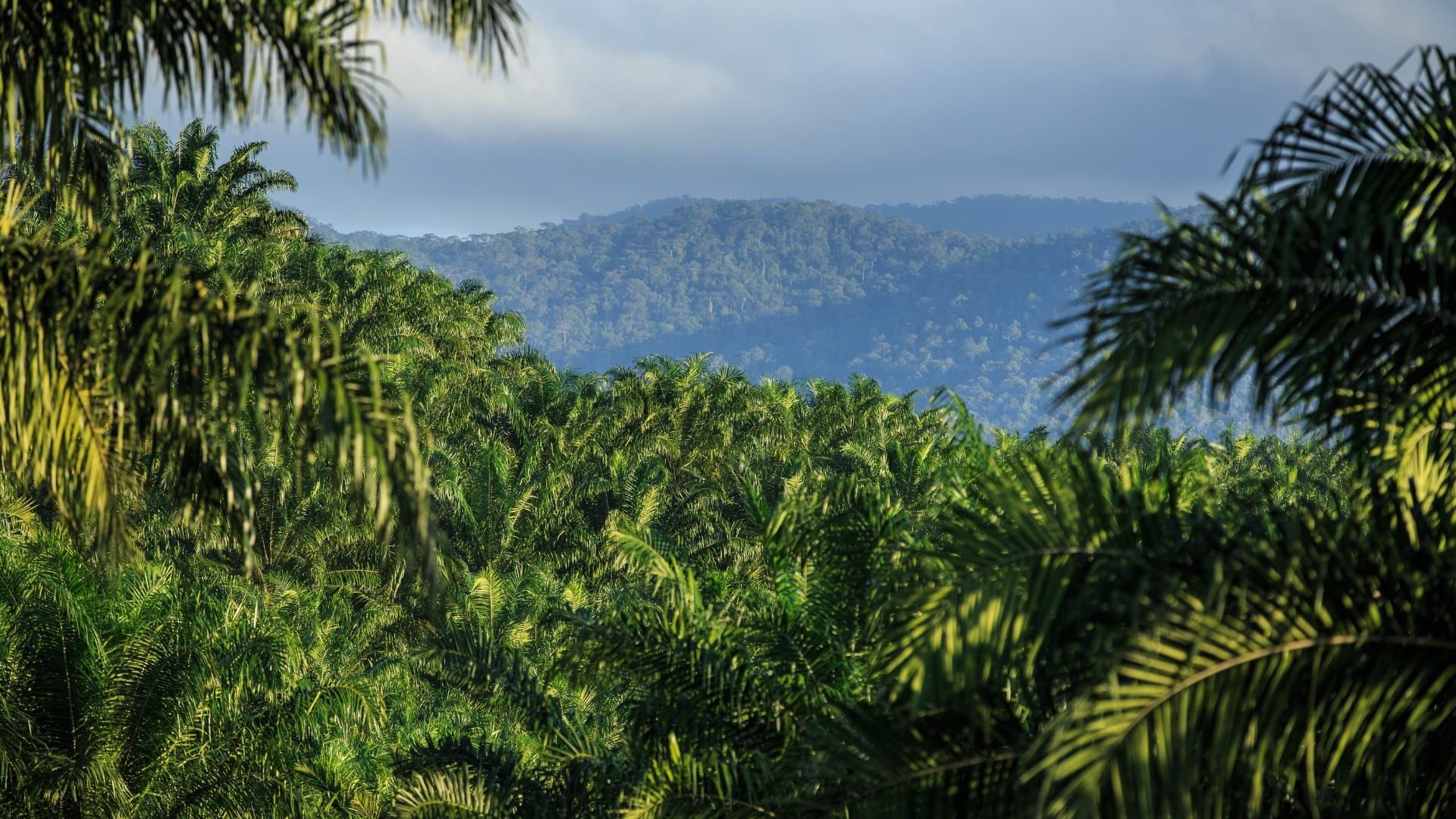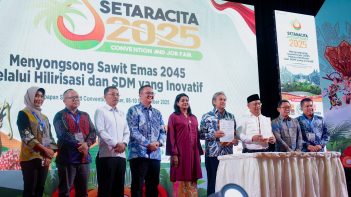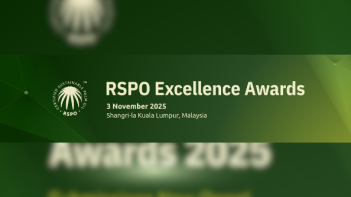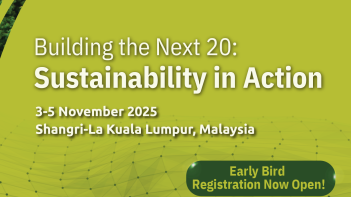RSPO Peatlands Working Group 2 (PLWG-2) has adopted the common definition of ‘Histosol’ (organic soil) effective November 2018 as follows:
Histosols (organic soils) are soils with cumulative organic layer(s) comprising more than half of the upper 80cm or 100cm of the soil surface containing 35% or more of organic matter (35% or more Loss on Ignition) or 18% or more organic carbon (FAO 1998, 2006/7; USDA 2014; IUSS 1930).
The definition of ‘Histosol’ (FAO 1998, 2006/7; USDA 2014) above will be used for regions without its own specific definition. In other regions, Histosols have been further sub-classified into different sub types. In Malaysia, Histosols are subdivided into muck and peat soil.
RSPO recognises the use of the above definitions in Indonesia and Malaysia for the purpose of management of existing plantations.
An alternate nationally accepted definition may be proposed through the National Interpretation (NI) process for the RSPO Principles and Criteria.
Keep reading
RSPO accepted in the Netherlands as a private control system for EUDR

RSPO x JaSPON Conference and Member Engagement Forum 2025 Spotlights Japan’s Sustainability Success and Market Growth
Call for Expression of Interest: Independent Investigation of a Complaint
Call for Expression of Interest: Mexico National Interpretation Task Force for 2024 RSPO Principles and Criteria (RSPO P&C) and Independent Smallholder (ISH) Standard

RSPO–APKASINDO Partnership to Boost Inclusive Growth, Certification, and Market Access for Oil Palm Smallholders

Open Letter to COP30 President: Integrating Forests and Biodiversity: A Policy Central to Paris Agreement Success

Bridging the Auditing Divide: Key Takeaways from the RSPO Assurance Forum 11

Extension of RSPO Excellence Awards 2025 Submission Deadline!





